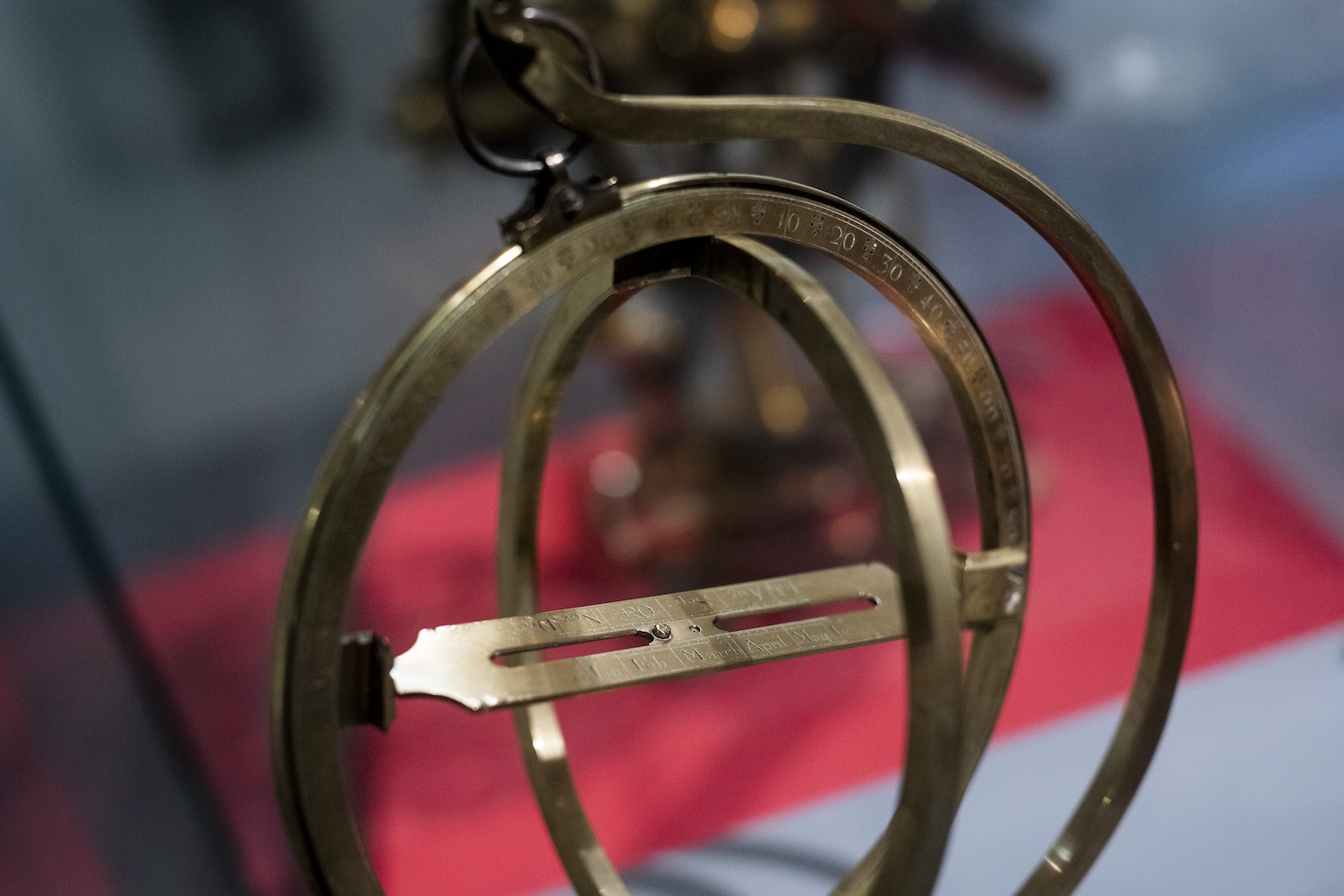Conference Website
The University of Graz has not set up the conference website. You’ll find all information & updates there:
Uni Graz: Between opportunities and limitations: managing and curating university collections today for tomorrow
Call for Papers
The deadline for submitting has already passed. Please refer to the conference website for the preliminary program.
Between opportunities and limitations: managing and curating university collections today for tomorrow
European university collections are managed in many different ways, from major museums to small departmental collections and they can contain millions of objects or only a few hundred items. The same goes for the staff: this can vary from a full professional museum team to only one curator or coordinator. There is one thing we all have in common though: we are constantly dealing with the history and the (often shifting) context of these collections. We are always looking for ways to position the collections within the University, but certainly also looking for ways to share them with increasingly wide and diverse communities in society at large. In this conference we want to talk about the opportunities, but also about the limitations and tensions we identify and experience as keepers of university heritage in present-day Europe.
This topic comes with some existential questions. How can university collections challenge over-simplification and ensure that a search for knowledge is not ignored? Are we aware of the memories and heritages that we are (re)creating? How do we relate to activism on the one hand, or to the denial of knowledge on the other? How do we reveal the context of injustice that surrounds some university collections? What are the opportunities to address these legacies, and which limitations do we face? How can working collaboratively overcome limitations to make collections more relevant, sustainable and resilient and so better able to withstand the rapid changes of local, national and international economic, political, and cultural landscapes?
At this year’s meeting we want to explore different ways of encouraging discussion and debate around the main questions outlined above, as well as to enable as many voices from the community to be heard as possible. We want to combine short papers with longer in-depth contributions that reflect more broadly on these questions, rather than presenting specific projects, as well as invite dialogue and discussions from all participants. Not all projects and initiatives develop as intended and presenters are invited to share what they have learned from challenges and failures, rather than just successes.
How to apply
We welcome contributions from cultural heritage professionals and academics, but also from Masters and PhD students. Proposals are especially encouraged from early career professionals with new ideas about curating.
Under the main theme of “Between opportunities and limitations: managing and curating university collections today for tomorrow”, we invite proposals for 5 or 15-minute talks or for the poster session. For the poster session, we encourage the presentation of posters on projects (collection management, exhibition, web design, social media, etc.) that relate to any of the above themes. Abstracts for posters need to focus on the context and process of the selected projects and their outcomes.
Please send abstract proposals using the abstract template (max. 200 words) with an indication of the session you are submitting to, plus a short biographical note highlighting your main research interests and/or field of professional experience (max. 50 words). When submitting your proposal, please indicate if you would prefer to give a poster, a 5 minute, or a 15-minute presentation. The conference language is English.
Our Host: The University of Graz, Austria
The Museums of the University of Graz are embedded in the “Seventh Faculty” dedicated to society, knowledge and communication. The University Museums provide two exhibition spaces opened to the public on a regular basis which are the UniGraz@Museum (housing the historical-physical collection, a space for presenting university history and a temporary exhibition space) and the Hans Gross Kriminalmuseum, presenting the beginning of criminological research in an international context. Other collections are decentralized and encompass: the archaeological collection, the coin collections, the epigraphic collection, the “Meringer” collection (a cultural anthropological collection), the geological collection and the botanical garden as well as rare book collections which are located at the University Library.

